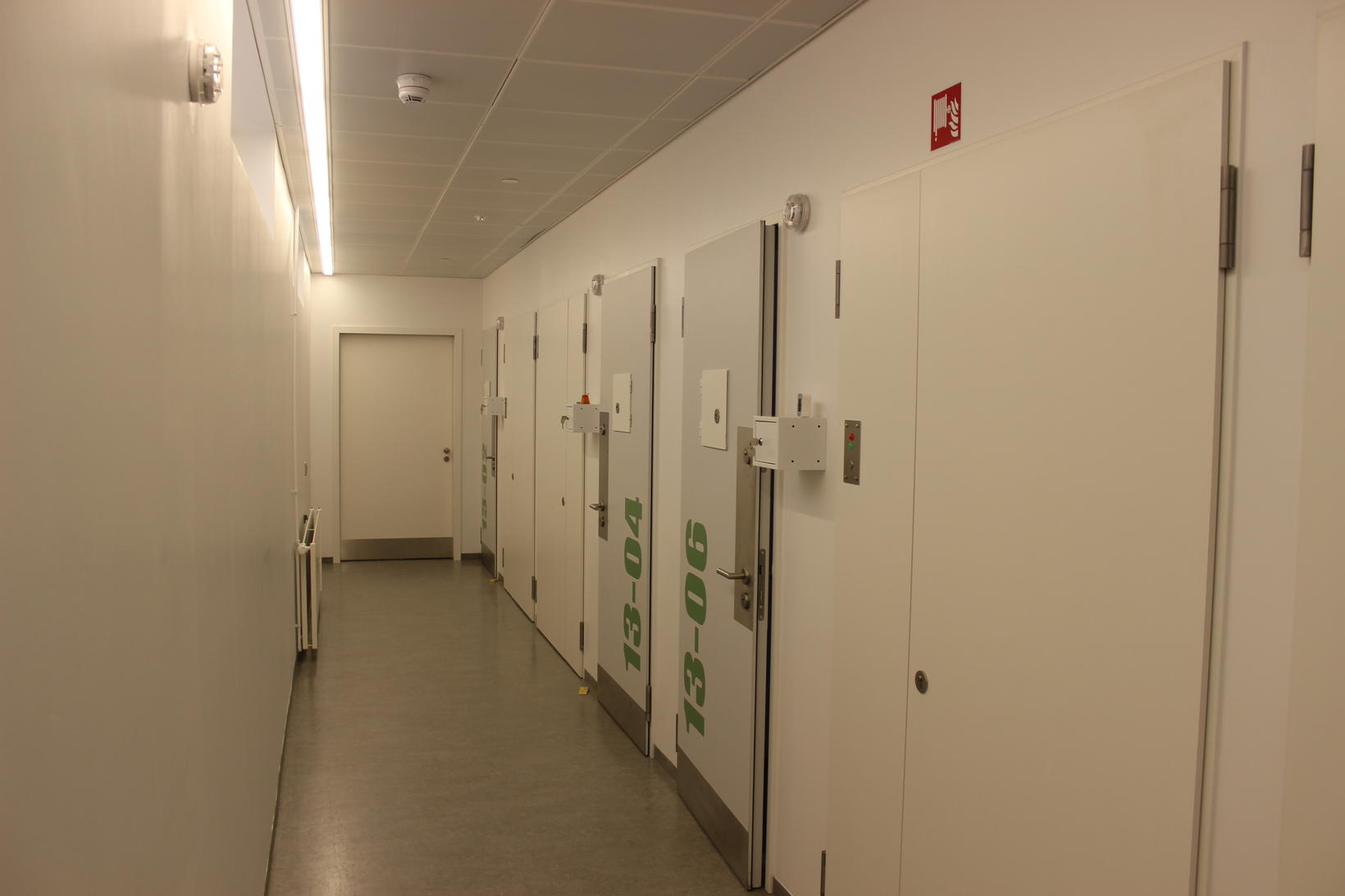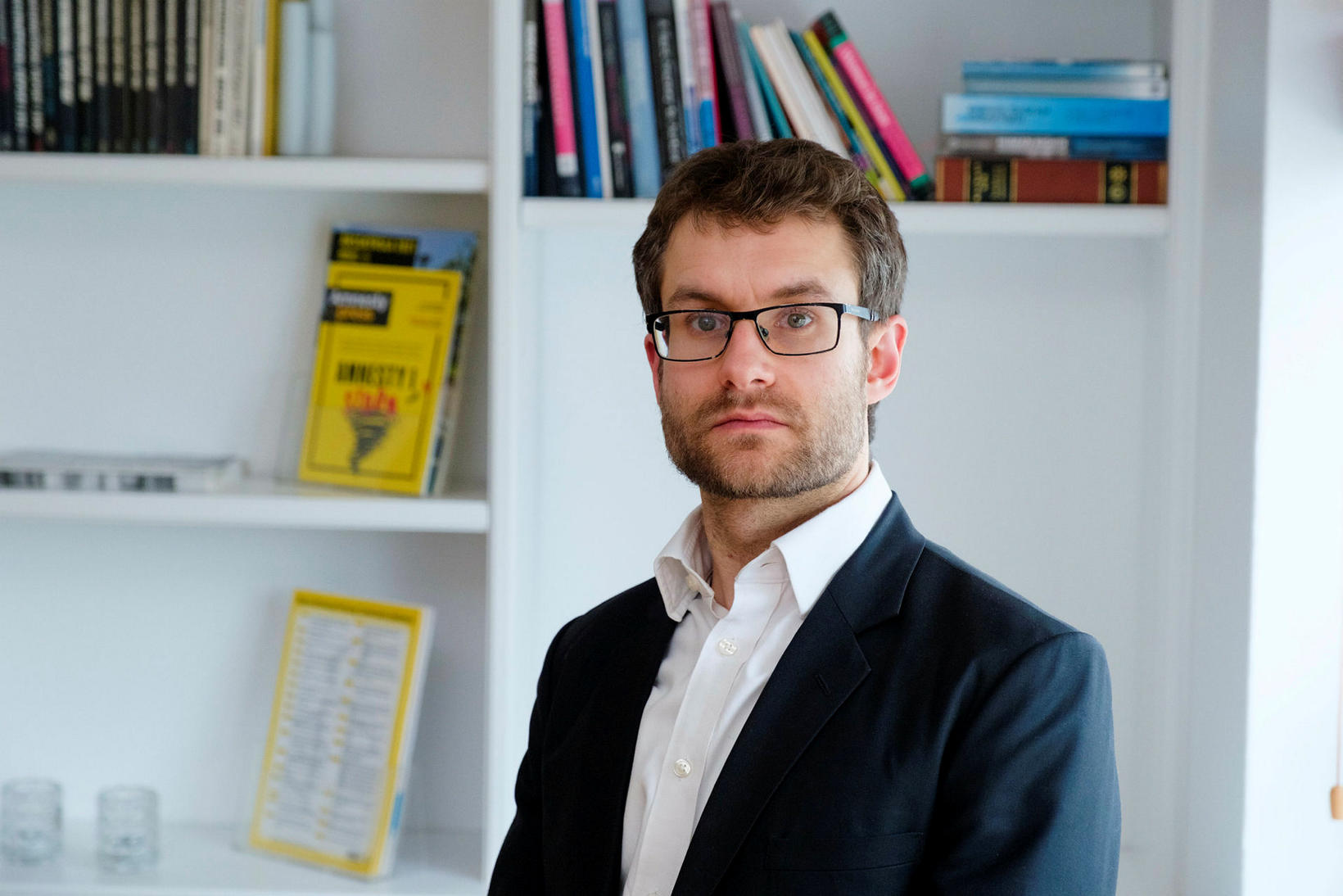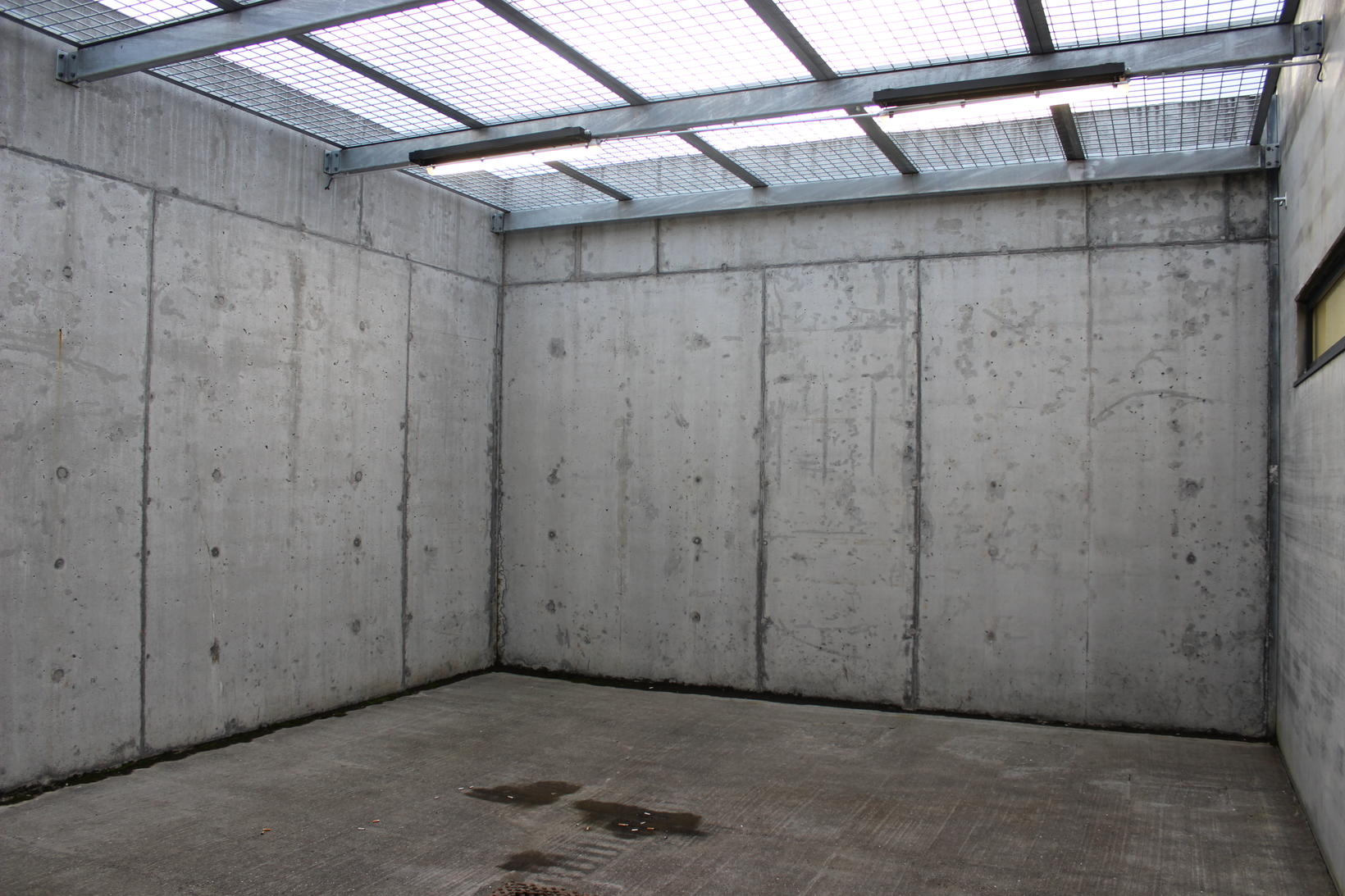Excessive use of solitary confinement
Solitary confinement is used excessively in Iceland according to Amnesty International. Photo/Amnesty Iceland
In Iceland, solitary confinement in custody is being disproportionately used in violation of international prohibitions against torture and other inhuman or degrading treatment or punishment. Isolation in custody, for example, is being used against children and individuals with disabilities and mental disorders in Iceland, but this should not be tolerated.
Through the excessive use of solitary confinement, Icelanders violate, among other things, the UN Convention against Torture and other Cruel, Inhuman or Degrading Treatment or Punishment with serious consequences for defendants and their right to a fair trial.
These are the conclusions of a new report by Amnesty International: “Waking up to nothing: Harmful and unjustified use of pre-trial solitary confinement in Iceland”. It calls on the Icelandic government, which currently holds the Presidency of the Council of Europe, to commit itself to making important and immediate reforms, so that isolationism is never applied in the interests of research.
Ten children were in isolation within a period of ten years
In 2021, six out of ten of all ten persons in custody in Iceland were subjected to solitary confinement, and between 2012 and 2021, 825 persons were subjected to solitary confinement. Of those, ten were between the ages of 15 and 17; children as defined by the law.
Simon Crowther, a lawyer with Amnesty International’s international office, says that the Icelandic government has been aware for years of the excessive use of isolation facilities in this country and its harmfulness. Nevertheless, on average, over 80 individuals were locked alone in their cells for 22 hours a day every year between 2012 and 2021. This includes children and individuals with intellectual disabilities. During this period, 99 persons were subjected to prolonged periods of isolation, or more than 15 days. This is shown to be a clear violation of international prohibition against torture and other inhuman or degrading treatment or punishment.
“The government must face facts. The Icelandic government violates its international obligations while Iceland is chairing a body responsible for preventing and eradicating torture in Europe. Iceland must make significant changes to counter torture and other inhuman or degrading treatment or punishment,” Crowther stated.
Simon Crowther, a lawyer with Amnesty International’s international office, says that the Icelandic government has been aware for years of the excessive use of isolation facilities in this country and its harmfulness. mbl.is/Kristinn Magnússon
No law on extended isolation
Isolation is not strictly prohibited by international law, but it is stipulated that its application should be subject to absolute exceptions, should last as short a period as possible and is subject to strict conditions. The Amnesty report states that none of these issues are respected in Iceland, as police requirements for solitary confinement in custody are almost always accepted by judges, in up to 99 percent of cases.
According to Icelandic law, custody may not last longer than twelve weeks, but can be further extended, subject to certain conditions, due to an ongoing police investigation. There are no laws or regulations, however, governing the length of solitary confinement in custody, so it could last for up to twelve weeks, or longer, depending on the circumstances.
It is noted that while the case of Guðmundur and Geirfinnur have led to a change in policy on the use of isolation facilities over time, sufficient improvements have not been made. Authorities plead for investigative interests to justify the use of isolation facilities in custody, but Amnesty concludes that isolation facilities should never be used for that sole purpose. Ultimately, this is contrary to international human rights legislation on necessity and proportionality.
Other, less stringent measures are available to protect research interests, such as separating custody from certain individuals and limiting phone use.
Symptoms could worsen in isolation
It also states that there is a lack of protection devices for the protection of children and vulnerable individuals who are at high risk of harm from isolation, such as individuals with physical, mental or developmental disabilities. This also applies to individuals with some neurological disorders.
“The interviews of Amnesty International researchers with lawyers and custody lawyers demonstrated the number of cases of solitary confinement against individuals despite the high risk of harm. This contradicts Iceland’s international obligations,” reads a press release from Amnesty for the release of the report.
“In accordance with the international prohibition against torture and other ill-treatment, people should never be kept in a vulnerable position in isolation, such as people with disabilities, mental disorders, or neurodevelopmental disorders, as symptoms could worsen in isolation, which is therefore likely to cause harm,” the statement reads.
The health effects become rapidly apparent
A number of studies have shown that isolation accommodation can have serious health effects, both physical and mental. The symptoms can include insomnia, confusion, hallucinations, and psychosis. Such negative health effects can become apparent after only a few days of isolation. In addition, the risk of suicide and the likelihood of suffering self harm increases in the first two weeks of isolation. “The risk of health damage increases daily in isolation.”
The report provides indications as to what needs to be changed to prevent the excessive use of solitary confinement and the violation of the international prohibition on torture.
Among other things, it is proposed to change the regulation so that it is not possible to demand custody solely on the basis of police investigation interests. Introducing less restrictive measures that do not have as negative effect on people as solitary confinement would be helpful.
Then there is a need to assess the need for isolation and to ban its use altogether for children and vulnerable people. It also requires that it should not exceed 15 days.
In the cases of the use of solitary confinement, there is a need for increased monitoring to ensure that the human rights of the detainees are not violated.
“The abuse of solitary confinement is a huge problem in Iceland, including children and individuals with disabilities. The Icelandic government must ensure appropriate reform of the criminal law and improve the culture in the justice system to end human rights violations. There are other measures that should be applied instead,” Crowther says.





/frimg/1/53/30/1533092.jpg)




